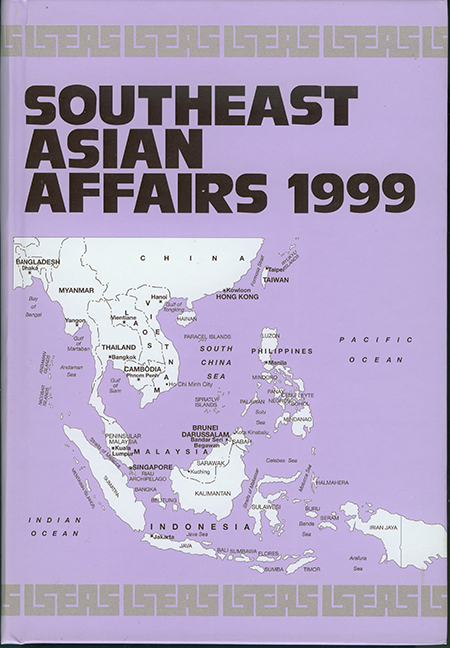The Culture Industry and the Future of the Arts in Singapore
from SINGAPORE
Published online by Cambridge University Press: 21 October 2015
Summary
Introduction
In January 1996, at the official opening of the Singapore Art Museum, Prime Minister Goh Chok Tong sketched a vision for the future of Singapore's culture industry: to re-create Singapore's historical role as an entrepôt for art, culture, civilization and ideas. This vision built on his message earlier in the month to Singaporeans:
Let us now complement our economic achievements with our social, cultural and spiritual development. Then, by the 21st century, Singapore will be a truly successful, mature country with a developed economy and a gracious society.
The call seemed timely, especially with the proliferating discussions on the coming of the information-intensive, knowledge-based economy, and the increasing role that service-based enterprises will have in the economic arrangements in the Singapore of the future. Political speeches and discourse in the media had focused on how Singapore needs to make the leap from being one of the newly industrialized countries to a post-industrial economy, where a higher degree of knowledge, state-of-the-art technology, and a range of service industries will be the norm. In that economy, the speed of change acquires special importance, and so it would need workers who have “critical and creative skills”, are committed to the value of “life-long learning”, and are adaptable enough to meet the mercurial environment that would face them. Given Singapore's much-touted dearth of natural resources, and that the most valuable and renewable resource is its people, the quality of human resources would mean everything in such an economy. It thus makes pragmatic sense to invest in cultural development for the needs of business and commerce, on the assumption that, with general cultural development (in the sense of the practice and application of the arts), individual creativity would be cultivated and nurtured. The statements by the Prime Minister also gave promise to the belief held by some that the government will continue to build and help develop the infrastructure for the arts that it had in place, which would eventually articulate what it had envisioned for Singapore — “A Global City for the Arts”.
- Type
- Chapter
- Information
- Southeast Asian Affairs 1999 , pp. 291 - 308Publisher: ISEAS–Yusof Ishak InstitutePrint publication year: 1999



